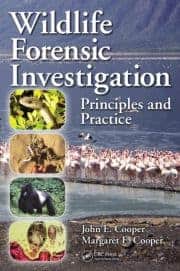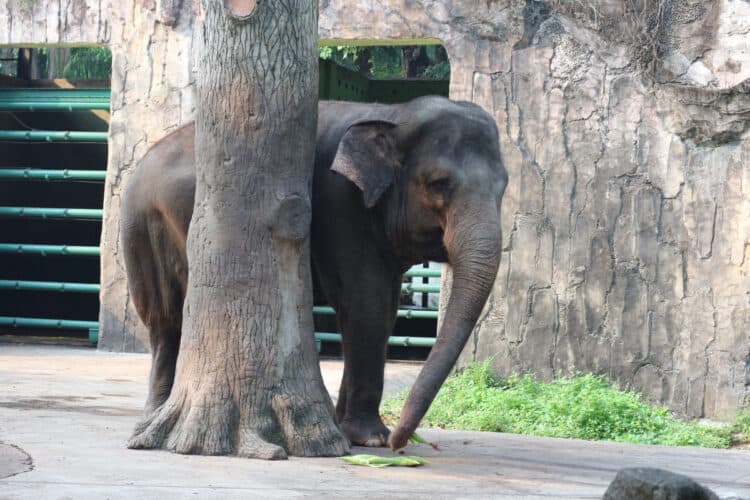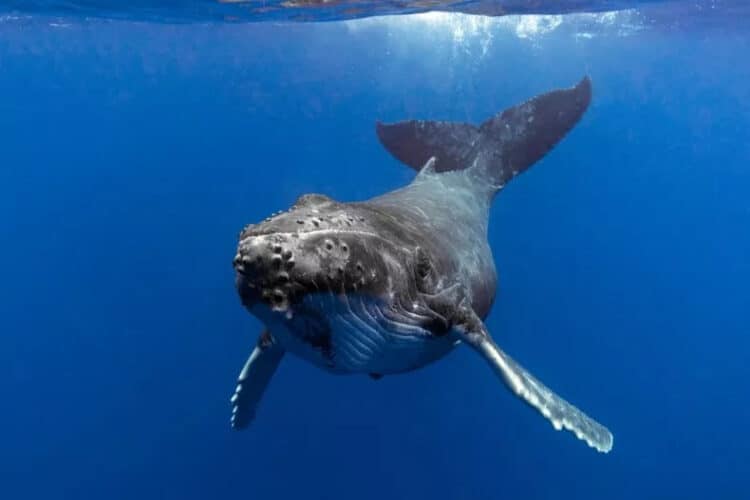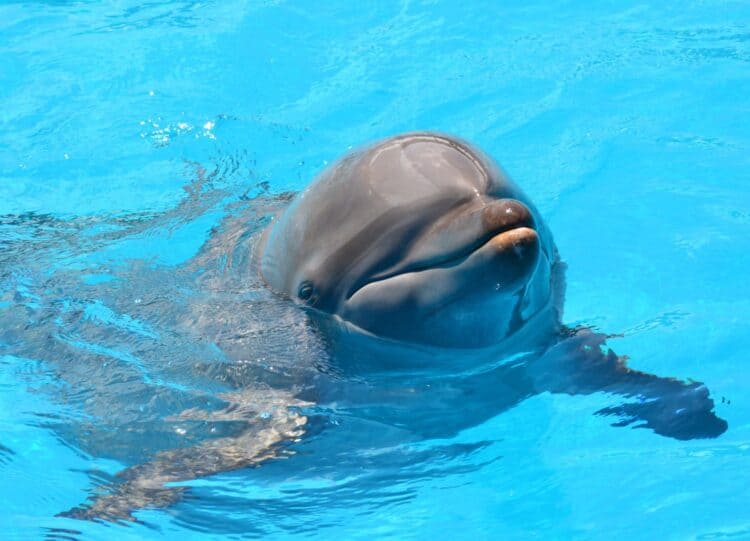 This book provides an in-depth introduction to the rapidly evolving field of wildlife forensics – that is, the application of forensic science to the conservation and protection of non-domesticated animals, both in the wild and in captivity. It chronicles aspects of the history of management, conservation and environmental protection, with an emphasis on their global importance in the twenty-first century.
This book provides an in-depth introduction to the rapidly evolving field of wildlife forensics – that is, the application of forensic science to the conservation and protection of non-domesticated animals, both in the wild and in captivity. It chronicles aspects of the history of management, conservation and environmental protection, with an emphasis on their global importance in the twenty-first century.
The primary focus of the book is the crucial role of wildlife forensic investigation with regard to live animals, dead animals and samples and the text covers national, regional and international legislation. The authors discuss the welfare of free-living and captive non-domesticated species and consider the damage that can be inflicted on humans and property by wildlife.
The content and scope are greatly enhanced by case studies from experts in diverse parts of the world who describe relevant aspects of their work. Key features of the work are that it:
· Covers the entire investigative process of wildlife forensics
· Describes the personnel and agencies involved in wildlife investigation
· Discusses the investigation of both live and dead animals
· Includes international case studies
· Offers appendices for equipment, useful document templates, specimen forms and other sources of information
· Provides an extensive range of references and further reading, in different languages
· Is extensively illustrated with photographs and line drawings depicting forensic cases and investigative techniques
This book is relevant to those involved in wildlife conservation because it covers the whole Animal Kingdom, including invertebrates, not just the more charismatic mammals and birds. There is also some mention of plants. The text has a practical “hands-on” approach and is written by people who have experience of working in the field, not just in the laboratory. There are legal chapters written by knowledgeable and experienced lawyers.
BACKGROUND INFORMATION – THE AUTHORS
John and Margaret Cooper are a British husband and wife team, a wildlife veterinary surgeon with specialist training in comparative pathology and tropical medicine and a lawyer who has made her special interest animal and conservation legislation. The Coopers have lived and worked in Africa (including two years in Rwanda with the mountain gorillas), Arabia, continental Europe and the Caribbean. Throughout, they have promoted an interdisciplinary, “One Health”, approach to veterinary and biological education, wildlife conservation and forensic science. Now based in the United Kingdom, the Coopers teach at universities and continue their work in East Africa with wildlife, domesticated animals and local communities.






Leave a Reply